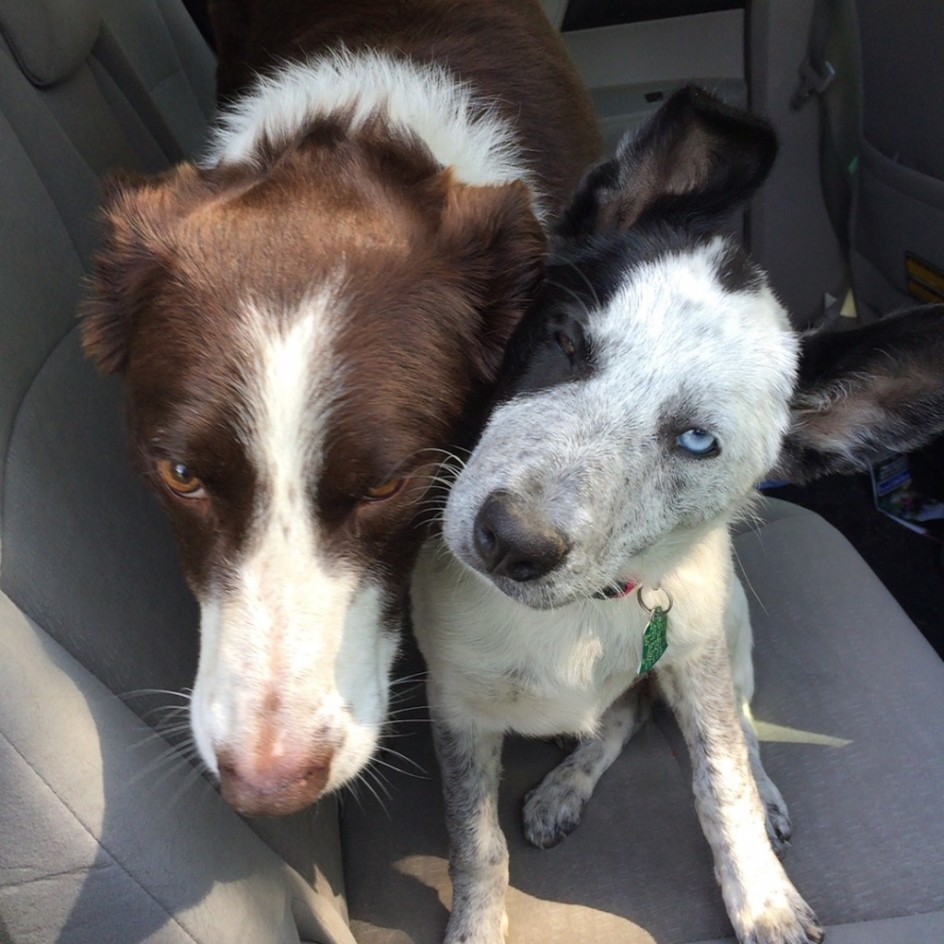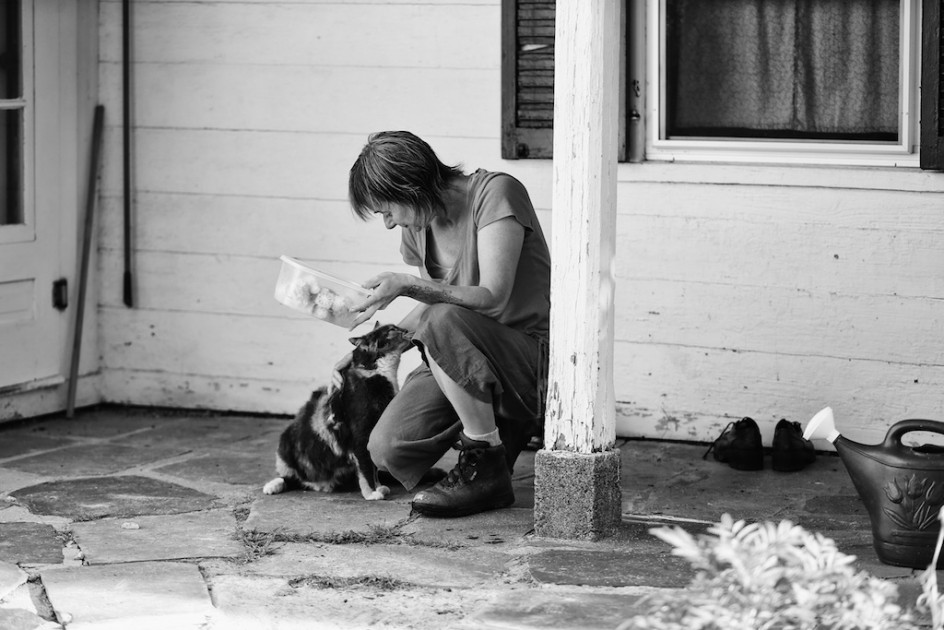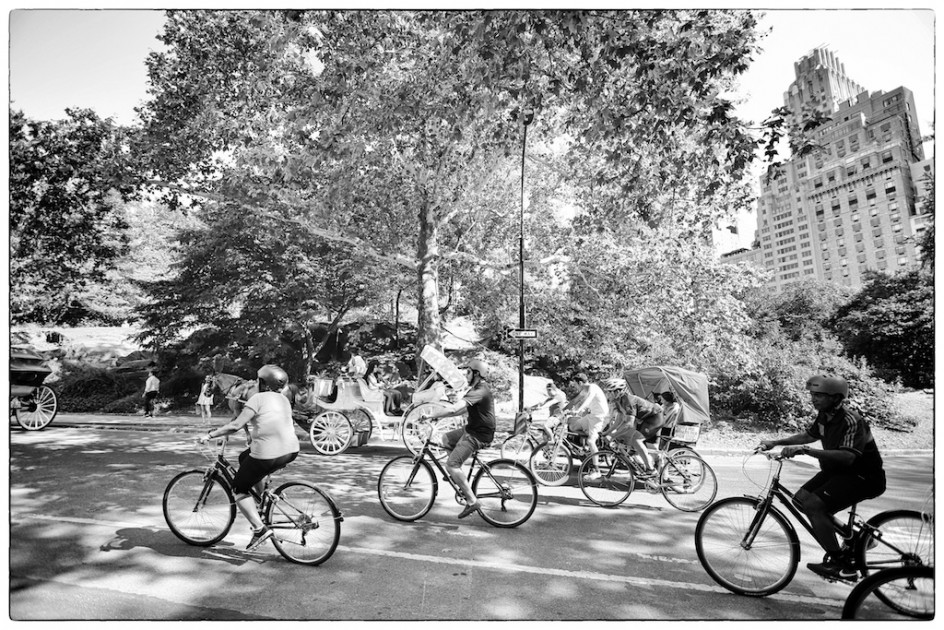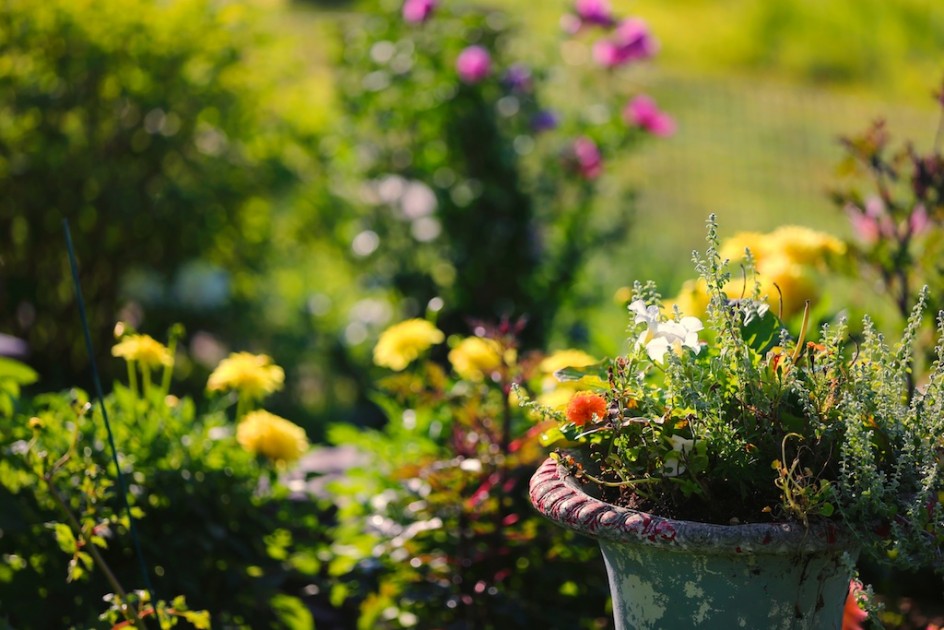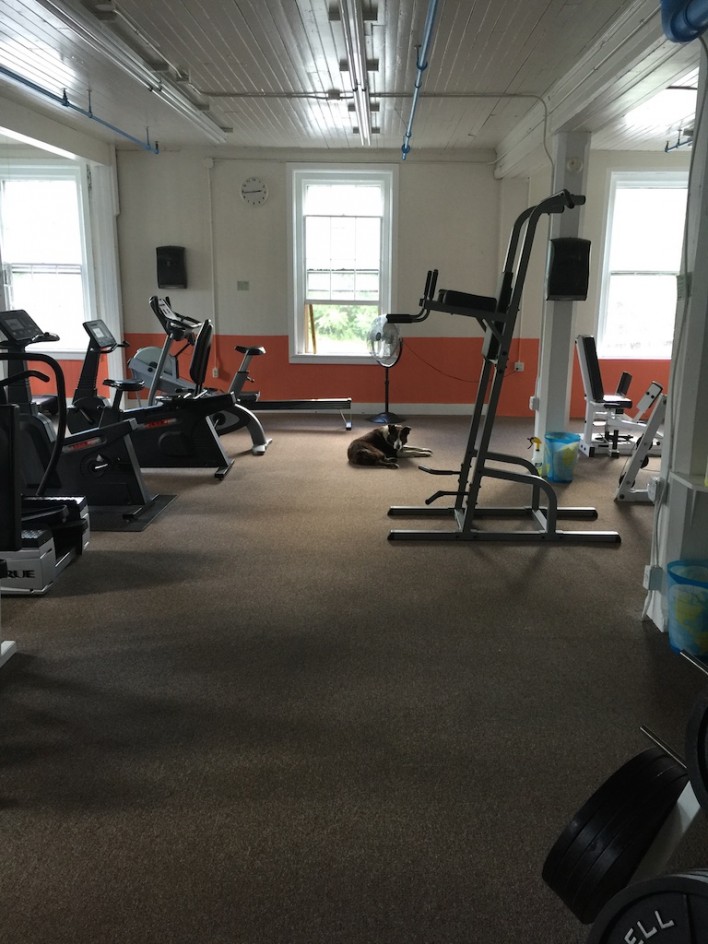
Red and I go to the gym together several times a week. Red is nine now, I just turned 68.
I notice that both of us walk a bit stiffly after a round of sheepherding and hill-climbing. Or a workout at the gym. Red is the perfect aging companion for a man, he doesn’t talk about his health and loves to lie around. He also has made friends with the pharmacist, as I have.
When you are friends with the pharmacist, you are beginning to be old.
When I go to the gym with Red, I sometimes think about getting old, and how I will die. I don’t expect to die anytime soon, but it doesn’t seem as remote as it used to.
My plan has always been to find a way to take my own life when I feel myself crossing a point in time that I will see and understand. I imagine lots of people have that idea, but they get too feeble and helpless to do it. Several good friends of mine have taken their own lives. One of them was Paul Moshimer, just a few months ago, he left a train of anger and sorrow in his wake.
I always thought I might do it in my late 70’s or early 80’s, but the arrival of Maria in my life has clouded that plan. She has some strong feelings about it, and suggests it is a selfish thought, and it’s true, I might not be so willing to leave the world behind as long as she is around. I have suggested we go together, but that ticks her off even more.
When I was a mystery writer – the much praised and spectacularly unsuccessful Suburban Detective series –I had a good friend, her name was Carolyn, she wrote very smart and successful mysteries, she and her character were both outspoken feminists. She was a good deal older than I was, but we often ran into each other on the mystery book circuit.
Back then, groups of mystery writers would travel together, we’d do evening readings together all over the country in those wonderful dingy mystery bookstores that vanished in the Barnes & Noble, pre-Amazon era. There are still a few left, and not too many Barnes & Noble stores either, but they are hanging on by a thread. We had no money and neither did the bookstore owners, we writers would often sleep on cots in their book storage rooms. If we were lucky, and they were nice, we’d get pasta or pizza for dinner. Mostly, we ate at McDonald’s. If there were four or five writers, we might drawn a dozen people, we always had time to talk.
My friend and I liked one another, we spent a lot of time talking about life on those long rides and in those often empty shops, she was very real and direct. I love that in friends, it is rare. She told me she planned to take her own life when she began to feel old, she would do it before she began to fail in a serious way. She was not surrendering herself to the American system of cruel death, by which she meant withering away and dying in a nursing home, or having some doctor pounding her chest or breaking her ribs in a failed effort to keep her alive for no other reason than that they could. She would not, she said, live a life of pills and visits to the pharmacy.
This was something her detective character might have said, both were feisty.
The American health care system, Carolyn said, is greedy and heartless, it does not allow people to die gracefully or gently, they just keep going and going. If you submit the process, she said, you will die a poor death. She wouldn’t, she said.
Her fears were justified then, it is even more true now, as new technology keeps people alive longer and longer without much consideration of quality of life. And even more greedy and heartless.
I knew that Carolyn was serious about her life, and honest about her plans, but she was full of life and energy, I didn’t think much about her promise until I picked up the newspaper one day and read that she had gone to a cabin in the woods, swallowed some pills, and committed suicide. She was true to her word. Her husband knew what she was doing and supported her decision. She died at the top of her life, happily married, in good health, respected and successful. That, she always told me, was how she meant to go.
A few days later, I got a final letter from her, she wrote a personal message to some of us explaining her decision, wishing us good luck, telling us she loved each one of us. “I did not wish to grow old in that other way,” she said. “I wanted to take charge of it and leave the world in my way, with dignity and comfort.” It was a gracious goodbye. She did not apologize, and I admired her for that. Most of her friends were furious at her, and some still are. She had no right to do that, they said. She was selfish and narrow-minded.
She had so much more life to live.
I didn’t feel that way. She had every right to do it, I thought, she owned her own life, it was for her to decide how to end it. She had thought about it carefully.
Recently, I lost another friend to suicide, Paul Moshimer. He died a very different death, no messages, discussions. He just went out and hung himself from a beautiful old tree. It seems he never discussed it with anyone, there were no letters or messages, just a lot of people who loved him struggling to make sense of it, fending off anger and confusion and hurt.
I was one of them. I don’t know why, but I didn’t feel the same way about his death that I felt about my writer friend. I appreciated that she took the trouble to tell me what she was thinking and say goodbye. I didn’t have to wonder why. I don’t blame Paul for what he did, it was just more difficult for me to understand. That, I suppose, is selfish. He owed me nothing, he was in a lot of pain.
I don’t think much about growing older, the truth is I don’t feel very old. The gym is a place where I do think of being old, and where I do feel old. I love my gym, Red and I are often alone there. Sometimes, I feel some melancholy there, I get reflective. I am almost always the oldest person there, and the kids on the machines next to me make me feel like Methusaleh, who lived to be nearly 1,000. I always seem to be standing still on my treadmill, the world seems to be running past me on all sides. I don’t even go near the weights.
The gym is good for me, but not for my big ego. I am never more aware of where I am than when I am on those machines, seeing everywhere what it means to be young.
And when my sneakers come untied, as they often do, some very sweet young man or woman always comes over to tie them for me, they do not want me tripping and falling. Why don’t their sneakers ever come untied, I wonder?
In the gym today, I thought of my friend Carolyn and I thought of my friend Paul. I honor them.
I will also decide how to leave the world, I won’t leave it to the doctors or bureaucrats or politicians. Or even to Maria. It is, after all, my life.
I had nothing to say about how and where I was brought into the world, but I have everything to say about how I leave it.
And I would support you, said Maria, after reading this piece. “As long as you’re not being a jerk about it.”

